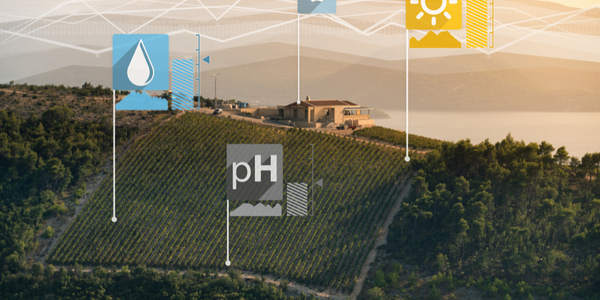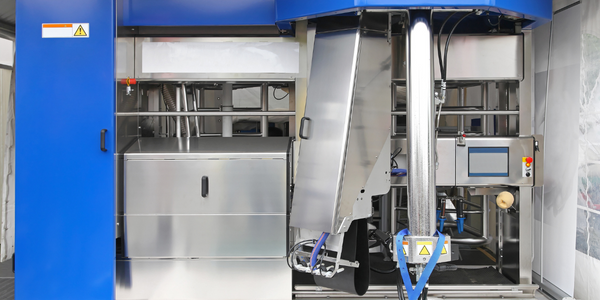Download PDF
SMART Watering Systems reduced operating costs and rapidly scaled their solutions that help businesses and municipalities save water and reduce environmental impact.
Technology Category
- Platform as a Service (PaaS) - Connectivity Platforms
- Functional Applications - Remote Monitoring & Control Systems
- Analytics & Modeling - Real Time Analytics
Applicable Industries
- Agriculture
- Cities & Municipalities
Applicable Functions
- Facility Management
- Maintenance
Use Cases
- Water Utility Management
- Remote Asset Management
- Predictive Maintenance
Services
- System Integration
- Software Design & Engineering Services
The Challenge
Recent population growth and aging infrastructure in Ontario, Canada, have led municipalities to raise water rates between five to 11 percent a year. This increase in water rates is driving commercial and agricultural customers to consider more efficient water use and promote sustainable practices. SMART Watering Systems (SWS) faced challenges in managing irrigation systems due to reliance on slow, unreliable radio channels for communication. Up-to-date information about customers’ water consumption was not readily available, and diagnosing problems within the irrigation system was difficult.
About The Customer
SMART Watering Systems (SWS) is a company based in Ontario, Canada, that leverages IoT technology to automate water management processes. The company aims to create water-saving solutions that help businesses and municipalities reduce their environmental impact. SWS serves a diverse range of customers, including landscape irrigation users, horticultural industries, and municipal infrastructure sectors. Over the past four years, SWS has helped its customers save more than 79 million gallons (300 million liters) of potable water. The company is focused on promoting smart water consumption and conservation approaches, making it a key player in the water management industry.
The Solution
SMART Watering Systems implemented the Cisco Jasper platform, specifically using Control Center, to remotely manage irrigation systems. This platform allowed SWS to eliminate the challenges associated with slow and unreliable radio channels by enabling remote monitoring and the use of various sensing technologies. Control Center streamlined device management, allowing SWS to turn devices on and off, order new lines, and diagnose issues from a single interface. This automation reduced the number of personnel needed to manage connected devices by 75 percent. The platform also helped SWS manage communication plans in a seasonal environment, quickly turning communication plans on and off to reduce overall costs. The data received from connected devices helps customers make better decisions regarding water use, promote conservation, and modify behaviors related to water consumption.
Operational Impact
Quantitative Benefit
Related Case Studies.

Case Study
Turning A Stadium Into A Smart Building
Honeywell created what it called the “intelligent system” for the National Stadium in Beijing, China, turning the venue for the opening and closing events at the 2008 Summer Olympics into a “smart building.” Designed by highly controversial artist Ai Weiwei, the “Bird’s Nest” remains one of the most impressive feats of stadium architecture in the world. The 250,000 square meter structure housed more than 100,000 athletes and spectators at a time. To accommodate such capacity, China turned to Honeywell’s EBI Integrated Building Management System to create an integrated “intelligent system” for improved building security, safety and energy efficiency.

Case Study
Intelligent Farming with ThingWorx Analytics
Z Farms was facing three challenges: costly irrigation systems with water as a limited resource, narrow optimal ranges of soil moisture for growth with difficult maintenance and farm operators could not simply turn on irrigation systems like a faucet.
.png)
Case Study
Smart Street Light Network (Copenhagen)
Key stakeholders are taking a comprehensive approach to rethinking smart city innovation. City leaders have collaborated through partnerships involving government, research institutions and solution providers. The Copenhagen Solutions Lab is one of the leading organizations at the forefront of this movement. By bringing together manufacturers with municipal buyers, the Copenhagen Solutions Lab has catalyzed the development and deployment of next-generation smart city innovations. Copenhagen is leveraging this unique approach to accelerate the implementation of smart city solutions. One of the primary focus areas is LED street lighting.







